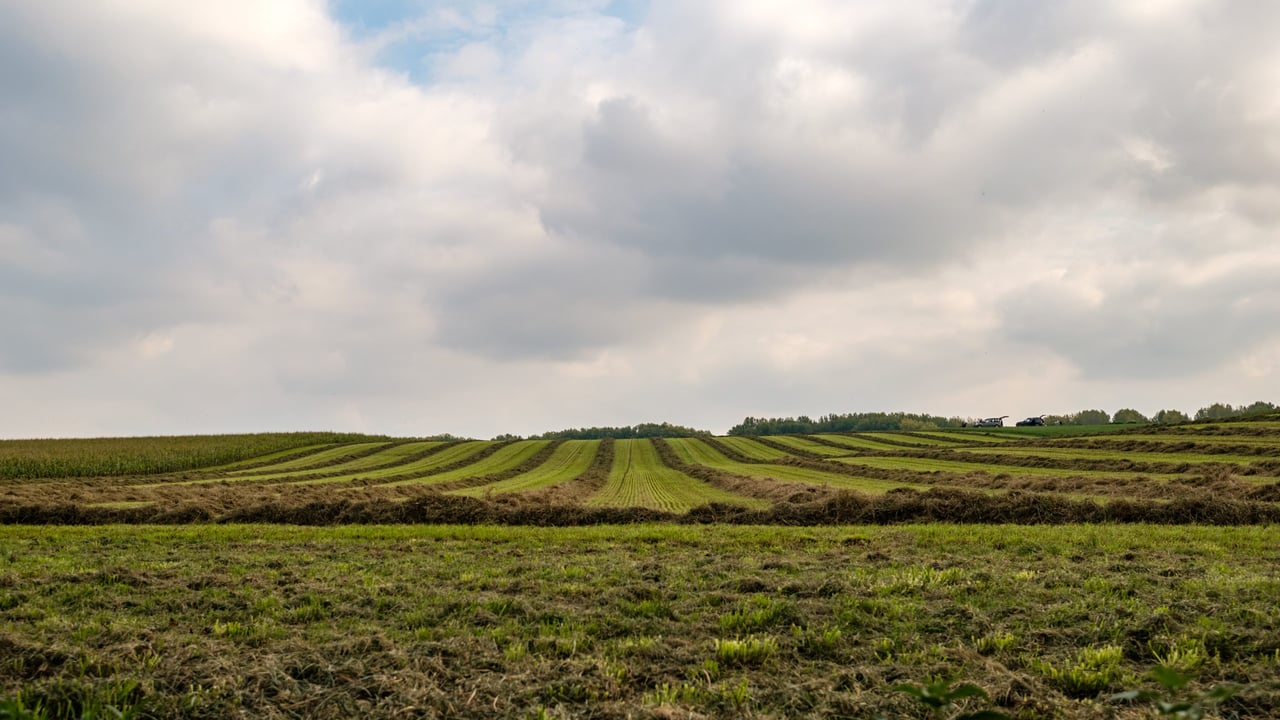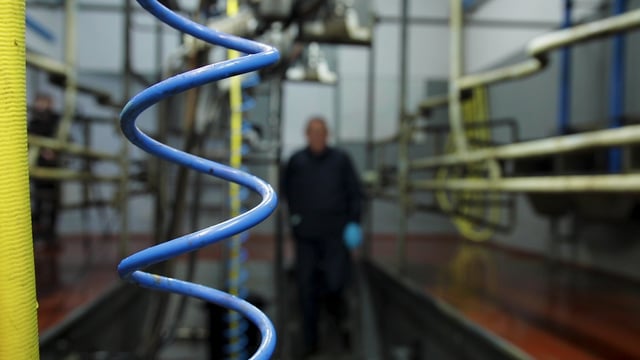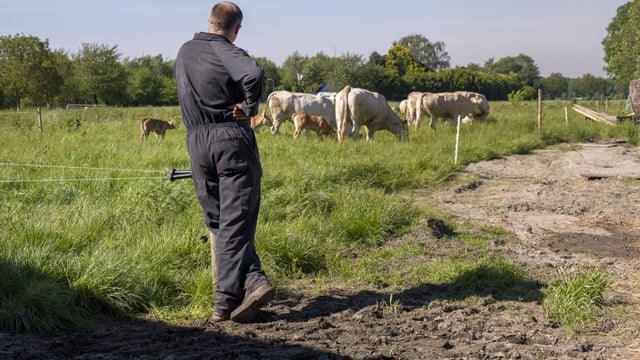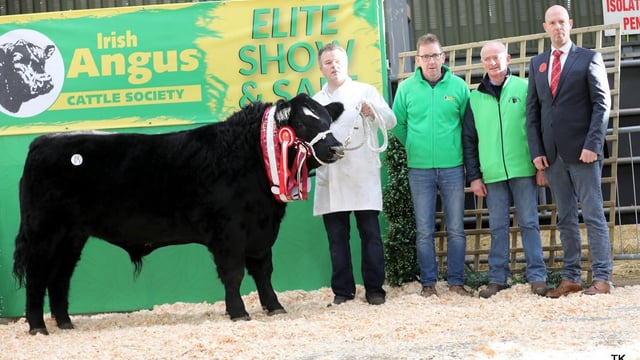Bioeconomy will be 'integral part' of next CAP - minister
The bioeconomy will be an "integral part" of the next Common Agricultural Policy (CAP).
This is according to Minister for Agriculture, Food and the Marine Martin Heydon, who highlighted today (Monday, October 13) that there are "massive opportunities" when it comes to the bioeconomy and for "adding value" for primary producers.
The bioeconomy is the part of the economy that uses renewable biological resources such as animals, plants and derived biomass and organic waste to produce food, feed, bio-based products, energy and services, while also reducing waste.
Bioeconomy week
Bioeconomy Ireland Week 2025 is taking place this week.
This year's theme is ‘inspiring local communities for a sustainable, competitive Ireland’.
To launch Bioeconomy Ireland Week 2025, CAP Network Ireland, in collaboration with the Department of Agriculture, Food and the Marine, hosted a conference on agri-bioeconomy value chains and business models in Ireland.
Addressing the wider agricultural and forestry community, the conference in Tullamore, Co. Offaly, showcased how the bioeconomy presents opportunities for rural communities by boosting employment and new business opportunities, supporting climate action and more.
The minister told the conference that Ireland's bioeconomy is "not just an idea for the future - it is the foundation of a new kind of rural opportunity".
"At the centre of this opportunity lies the sustainable production and innovative use of our biological resources, processes and principles to create renewable products, energy and solutions across all sectors of the economy," he said.
"For Ireland, this means unlocking new value chains from grass, crops, forestry, marine biomass and organic waste streams.
"It means reducing emissions, replacing fossil-based materials, creating new sources of income from ecosystem services, and creating new rural jobs andindustries."
Projects
The minister said Ireland is at the point of "moving decisively from research to real-world delivery" when it comes to the bioeconomy.
"Over the past two years, major investments have gone into pilot and demonstration facilities that bridge the gap between the lab and the marketplace," he said.
"In Tipperary, the National Bioeconomy Campus and pilot biorefinery at Lisheen will open in early 2026, offering Ireland's first national-scale testbed for biorefining and circular bio-based innovation.
"In Monaghan, the BioConnect Centre will serve as a hub for bio-based innovation across the north east."
National strategy
The government is working on the development of Ireland's first National Bioeconomy Strategy, the minister said.
This strategy "will seek to ramp up this vital sector", particularly through scaling up biorefineries - facilities that turn biological resources into renewable energy, protein, biobased chemicals, and materials.
"We know for example that our grasslands could yield green biorefinery protein concentrates, replacing imported soy and fishmeal," the minister said.
"Each regional biorefinery could produce 5,000–10,000 tonnes of high-value protein annually and recycle nutrients into biobased fertilisers, potentially substituting 15% of imported nitrogen fertiliser.
"Opportunity such as this will be a key feature of the strategy, and I believe this will align with the forthcoming European Bioeconomy Strategy which we expect to be published in November."
Next year, Ireland will host the Global Bioeconomy Summit 2026.
"Hosting this summit, as Ireland takes up the rotating presidency of the EU, gives us an opportunity to drive a positive policy agenda for the bioeconomy in Europe and globally," Minister Heydon added.
He told the conference that the next CAP "should and will support" developing Ireland's bioeconomy through various measures.





